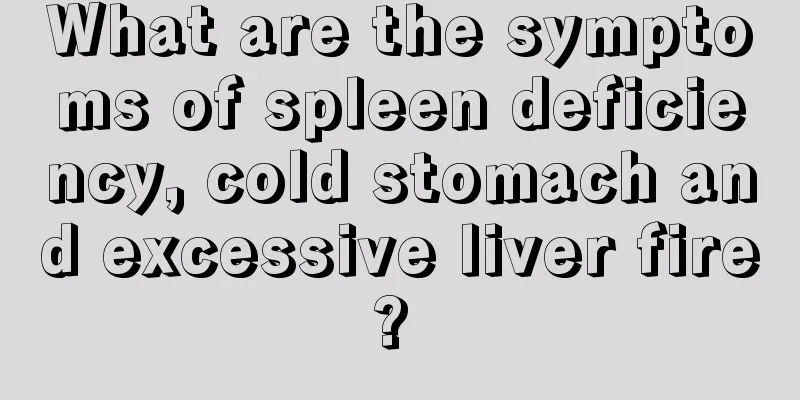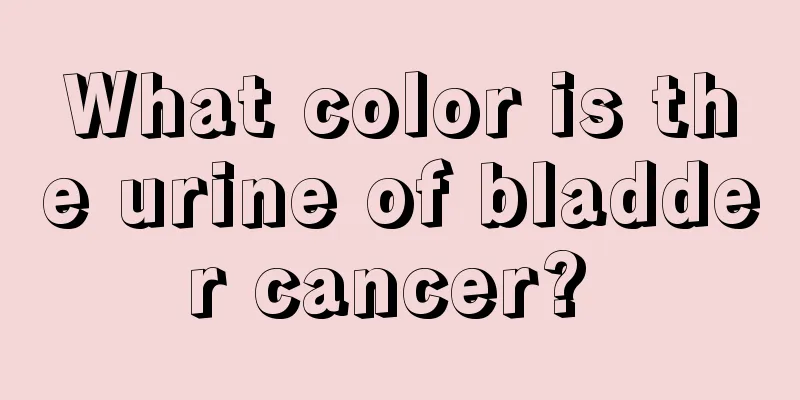How to do bronchogram?

|
Bronchography is a method of examination. Bronchography can quickly and accurately detect tracheal and bronchial diseases, and can accurately help doctors diagnose and treat bronchial diseases. However, there are some precautions when doing bronchography. However, most people do not have a special understanding of bronchography, nor do they know how to do it. How is bronchogram performed? Bronchography is an examination method for directly observing bronchial lesions. It has good diagnostic effect, but it causes certain pain to patients. The anesthesia process needs to be effective to allow patients to cooperate better. Bronchography is indicated for the following: (1) Congenital or acquired bronchial and lung diseases, such as bronchiectasis, bronchial and lung tumors, organizing pneumonia, chronic lung abscess, and atelectasis. (2) Chronic cough or hemoptysis of unknown cause. (3) Recurrent pneumonia, especially pneumonia that occurs repeatedly in the same location. (4) Unilateral hilar enlargement of uncertain nature. (5) Differential diagnosis of chronic cavities or cysts. (6) Localized emphysema or atelectasis. Analysis of inspection results: (1) If the bronchi are uneven in thickness after filling and have localized edema or dilation, the bronchi are fixed, rigid, gathered and twisted, and the contrast agent is delayed in emptying, this is common in bronchiectasis. (2) If there is local bronchial stenosis or obstruction or compression and deformation of the lumen, it is often seen in tumors, trauma, foreign bodies, tuberculosis or inflammation. (3) The tube wall is irregular and the contrast agent protrudes through the tube wall, which may be a bronchopleural fistula or esophageal fistula. Precautions (1) Contraindications: ① Those who are in general poor condition, too old, or have poor heart, lung, or liver function. ② Patients with acute bronchial and lung infections and infiltrative pulmonary tuberculosis. ③ Those who have severe hemoptysis within 2 weeks. ④ People with hyperthyroidism or allergy to iodine. (2) Before the operation, the purpose, method and possible pain of angiography should be explained in detail to the patient in order to gain the patient's cooperation. (3) Do not eat or drink for 4 hours before and 2 hours after contrast imaging. (4) When the amount of sputum is large, postural drainage should be performed before surgery. (5) The contrast agent should be prepared with appropriate consistency to prevent it from entering the alveoli; change body position when injecting the contrast agent to ensure that the contrast agent is evenly distributed. (6) Anesthesia should be adequate to prevent severe coughing from affecting the imaging effect. (7) Postural drainage is performed after surgery to promote the rapid excretion of contrast agent. |
<<: Does sweet potato cause internal heat?
>>: Which department should I go to for bronchial tube surgery
Recommend
Are scale insects harmful to humans?
With the development of succulents in recent year...
Advantages of CT virtual colonoscopy technology
In recent years, with the rapid development of CT...
How long does it take for liver cancer to recur after surgery
The treatment of liver cancer takes a long time, ...
Do I need to be on an empty stomach for a blood test for typhoid fever?
Typhoid fever is what we usually call a cold. Thi...
Things to note when growing eyelashes
Everyone wants to have a good face so that they c...
What are the symptoms of advanced lung cancer? 4 symptoms of advanced lung cancer
If you have difficulty breathing or chest tightne...
Hepatitis B surface antigen
Spicy food often causes indigestion in hepatitis ...
Will plastic bags stick to the gastrointestinal mucosa?
If you accidentally eat some plastic bags while e...
Who is not suitable for drinking green tea
Speaking of green tea, I believe everyone knows t...
The preferred examination method for suspected pancreatic cancer
How to diagnose and identify pancreatic cancer? T...
Where is the Pythagorean theorem?
There are many diseases that can occur in the hum...
Various eyebrow symptoms reflect physical condition
Cervical spine problems can be reflected through ...
How long can you live with stomach cancer? It is not fixed and depends on many factors
How long a patient with gastric cancer can live i...
What should I do if I have acne with pus heads?
The phenomenon of acne is very common in life. Al...
Right tooth hurts
Sometimes people may occasionally feel pain in th...









